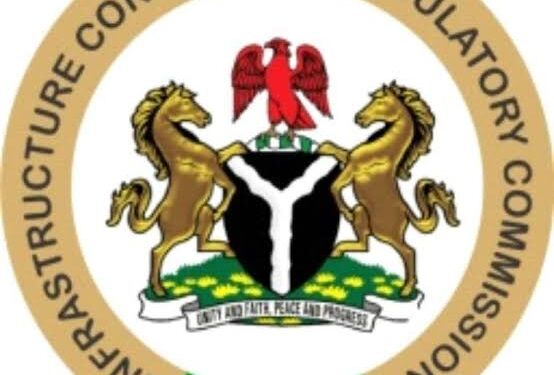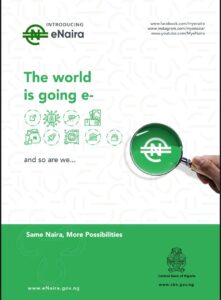The Federal Government is planning to build infrastructure worth $2.3 trillion between 2022 and 2043.
The Director-General, Infrastructure Concession and Regulatory Commission (ICRC) Mr. Joe Aniku Ohiani gave this in Abuja on Thursday at Third Quarter Public Private Partnership Consultative Forum (3PCUF) sponsored by the Nigerian Shippers Council (NSC).
Out of these quantum financing, some $1.104 trillion will be financed through public private partnership (PPP) arrangements..
ICRC, the regulatory body for all PPP projects in Nigeria said the proposed spend is based on revised infrastructure national plan of the country.
“Last week Tuesday, the Vice President inaugurated the National Council on Infrastructure. The National Council on Infrastructure will see to the implementation of the Revised National integrated Master plan from 2020 to 2043” he said.
“As you are aware, the Master plan envisaged that we will be able to achieve Infrastructure development worth $2.3 trillion. Out of this amount, 48 percent is to be done through PPP” he explained.
The 48 percent amounts to be about $1.104 trillion for the PPP whilst the government will finance the balance through other sources.
In her opening remarks, the Head of the Civil Service of the Federation, Dr. Folasade Yemi-Esan said with the current situation of the Nigerian Economy in recent times and increasing expectations for government to provide needed infrastructure, public private partnership is much needed to help the economy grow.
Represented by the Permanent Secretary, Special Duties Office, Engr. Faruk Yusuf Yabo, she noted that the NPA successes on the Lekki Deep Seaport underscore the need to keep encouraging government collaboration with the private sector to enable important bankable projects “come alive” as this will also ensure a win-win situation where everyone benefits from the services of such projects – government, private sector and end users.
She said the “era of monotony of work is gone as we are to think outside the box to be able to have landmarks that generations unborn will build upon. It is globally known that that today, PPP is the way to go to be able to close the gap in infrastructural deficits. Therefore, all hands must be on deck to help put the country where it should be in relation to provision of necessary infrastructures.”
In his remarks, the Executive Secretary, the NSC, Mr. Emmanuel Jime said PPP should be seen as development tool and not just as an infrastructure provision tool.
Jime who was represented by Mallam Mustafa Zubairu, said PPD as an evolving model must be constantly updated to meet current best practices.
He noted that the NSC has also delivered on PPP projects like the Dala Dry Port and NSC has several other PPP projects that are currently being procured.









